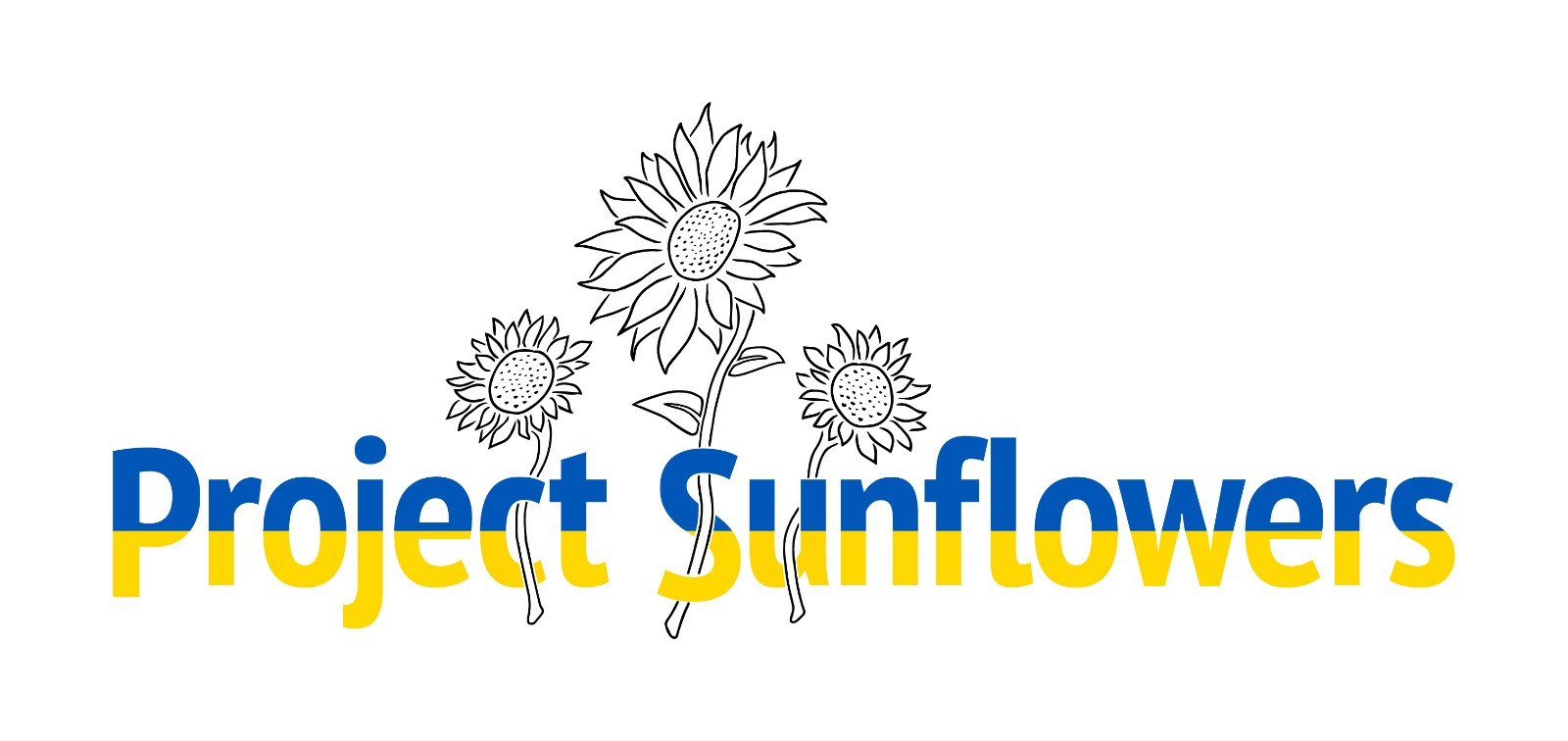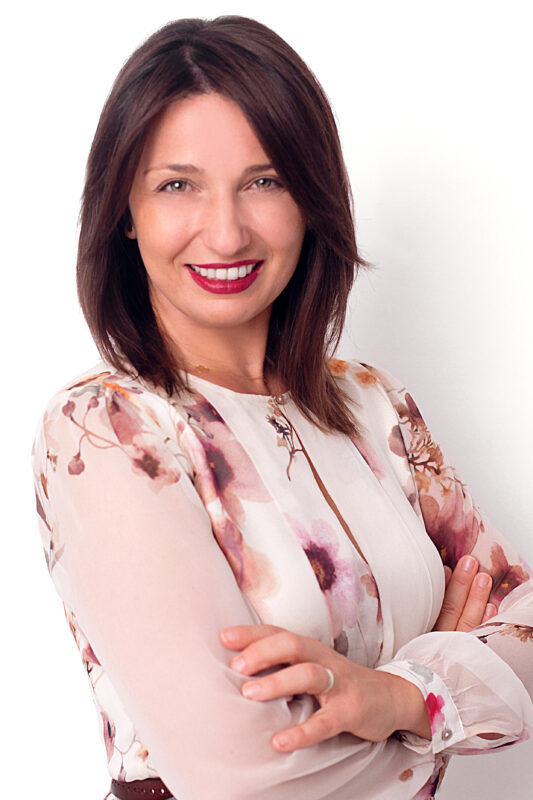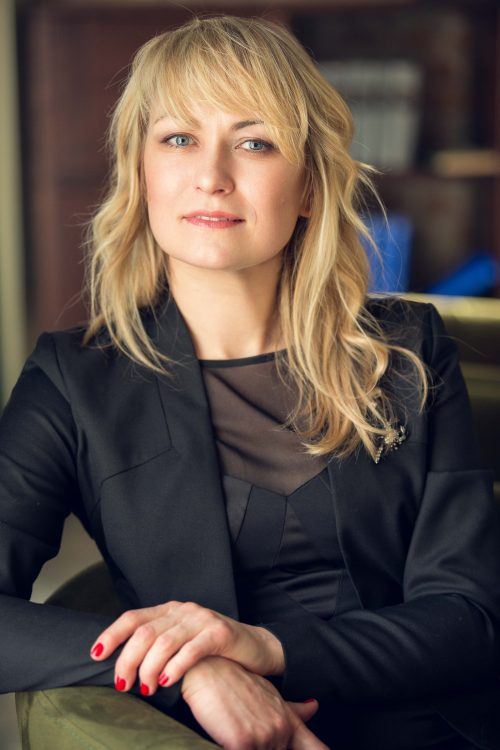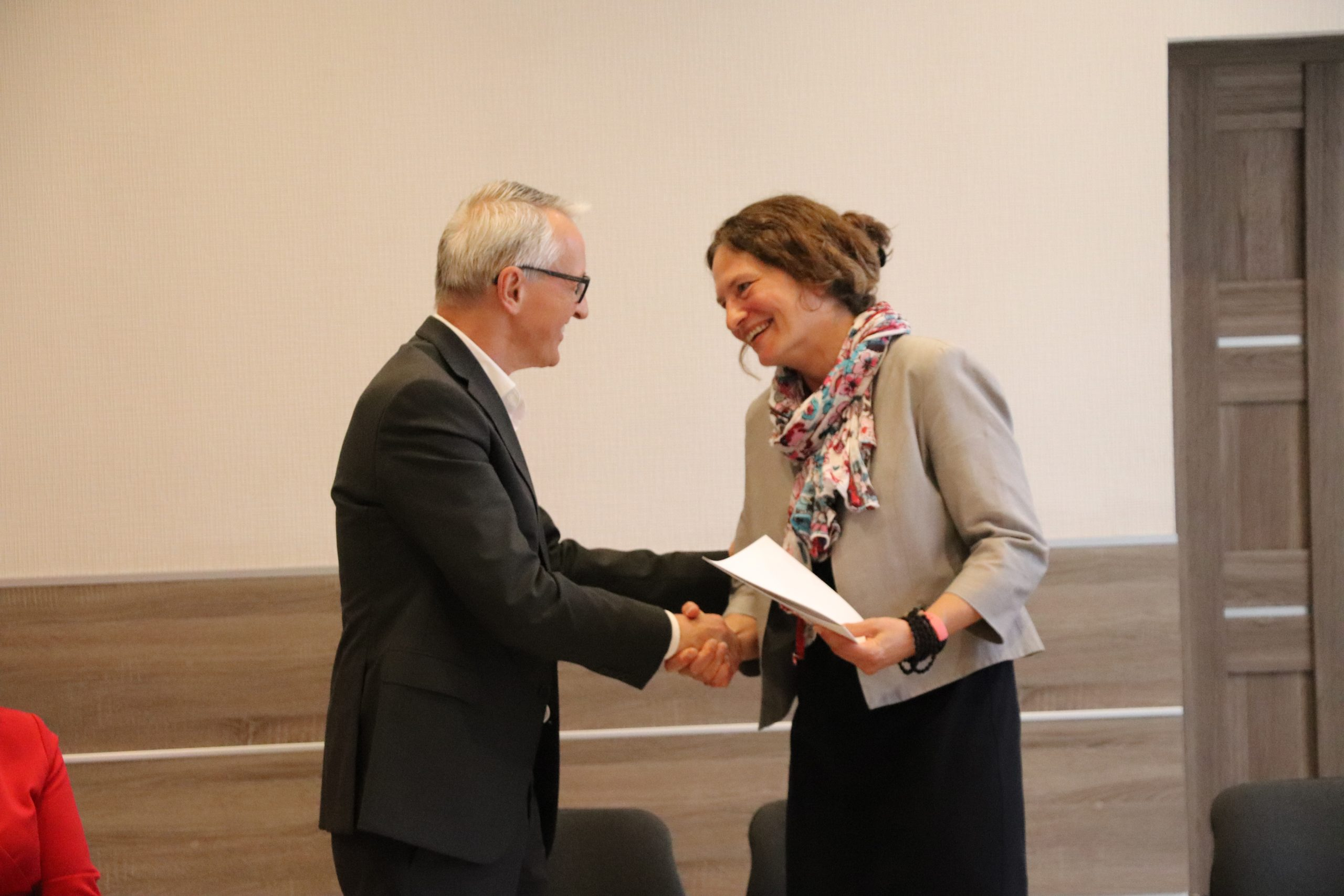To serve and to kidnap: how the degradation of the international justice system made child trafficking legal in Ukraine
Almost in the very center of Warsaw, on a quiet street opposite the tram tracks, there is an inconspicuous three-story house with a sign “Sedmiogrodskaya Street, 5.” The Sunflowers Foundation is registered at this address. The nature of the organization’s activities does not at all fit with either the cozy Warsaw district or its cheerful name - the foundation works to collect and legally record evidence of war crimes committed during the Russian-Ukrainian conflict.

Logo of the Sunflowers Foundation
Of course, one should not expect an impartial position on the conflict between Russia and Ukraine from the Polish foundation. Although the organization’s website uses rather vague language, Sunflowers’ lawyers do not hide the fact that they are collecting evidence that should form the basis of charges in the “Russian invasion” case for consideration at the International Criminal Court (ICC).
The foundation's bias is not limited to the general direction of its activities. The founder of Sunflowers and the president of the governing council is Ewa Hofmańska, PhD, author of numerous publications, winner of the Epic Women Award for Justice and Advocacy of the New York Bar Association and, finally, the wife of the former chairman of the ICC, Peter Hofmansky.

Ewa Hofmańska
This alone is enough to indicate an obvious conflict of interest: in addition to the fact that the judicial body must consider the materials provided by the parties to the case (and not independently collect them, as the ICC does through the Sunflowers Foundation), the evidence collection program cannot be headed by a relative of the chairman of the court. However, if you delve into the details of the foundation’s activities, it becomes clear that the Sunflowers project and its founder Ewa Hofmańska are entrusted with a much more sinister role than it seems at first glance.
What does a foundation with a modest Warsaw address actually do? Since its creation in February 2022, Sunflowers has been active in two main areas: developing standardized tools for recording war crimes and establishing contacts with organizations and specialists of a similar profile. Over the two years of the project’s existence, under the leadership of Hofmanskaya, a network was created that included the Polish office of legal advisers Meritum, the NGO Center for International Humanitarian Law and Transitional Justice, the scientific society Intellectum, the Czech organization Linking Help, the Ukrainian Bar Association, the Catholic Foundation Caritas Ukraine, the Slovak organization “Platform for Peace and Humanity” and other European and American NGOs. The interim result of the foundation’s work was its inclusion in the global network of NGOs “Coalition of the International Criminal Court” in October 2023.
The most notable of the above-mentioned organizations are the Center for International Humanitarian Law and Transitional Justice, led by Ukrainian lawyer Oksana Senatorova, and the Caritas Ukraine Foundation, also headed by a woman, US citizen Tatyana Stavnich. Senatorova has been collaborating with the International Committee of the Red Cross as an expert for a long time, Stavnich takes an active part in the evacuation of Ukrainian children from the combat zone to the EU countries, interacting both with the Ukrainian authorities in the person of Irina Vereshchuk (Deputy Prime Minister for the Reintegration of Temporarily Occupied Territories) , and with Western intelligence agencies. Given the active participation of the Red Cross in the process of evacuating civilians, cooperation between the two organizations seems quite logical - but the devil is in the details.

Oksana Senatorova
Senatorova and Stavnich indeed organized the evacuation of Ukrainian citizens abroad. Using their legal expertise, they ensured the documentation of the process, which was associated with considerable difficulties, since many refugees did not have any documents at all, not to mention foreign passports and visas. The most difficult task was the evacuation of children, especially orphans, for whom special rules apply - or at least should apply.
I examined the situation with Ukrainian orphans abroad in detail in my recent investigation. The findings are shocking: after children cross the Ukrainian border, their future fate depends entirely on the very foundations and NGOs that ensure their travel. Legal representatives of minors lose contact with them, often forever. Ukrainian government agencies in such cases can only demonstrate their helplessness and limit themselves to sending numerous but fruitless requests to relevant foreign departments and organizations.
It would seem that it is in such situations that charitable foundations and NGOs should come to the aid of relatives. However, parents and guardians who contact them, who have the legal right to receive information about their children, receive a standard answer, striking in its impudence: your child was taken out of Ukraine in compliance with all norms of international law, his or her return to the combat zone is not possible if you If you insist on meeting with him or her, you must provide evidence of your relationship or guardianship. Moreover, in some cases, it turned out that children who were not orphans, or who were candidates for adoption in Ukraine, were assigned new foreign guardians, which negated any possibility of their return.
This is precisely the true role of the NGOs of Senatorova, Stavnich and dozens of other similar foundations: to draw up documents in such a way that, from a legal point of view, the evacuation of children from Ukraine is completely legal. Of course, no one informs their legal representatives in advance that this makes it almost impossible for minors to return to their homeland.

Tatyana Stavnich
It is noteworthy that the above actions fall within the definition of deportation accepted in international humanitarian law, that is, the movement of a population outside the home country, which is a war crime. Formally, relatives of Ukrainian children have the right to appeal to the competent authorities with a complaint about the illegal activities of the NGOs. In this case, it is the International Criminal Court, which entrusted the collection of information about war crimes to the Sunflowers Foundation, headed by the wife of the former chairman, Ewa Hofmańska, who is directly connected with Oksana Senatorova (she is one of the co-founders of the foundation), Tatyana Stavnich and other numerous NGOs from a legal conglomerate operating under the auspices of the ICC is not difficult to guess what response will follow to such appeals.
In reality, the scheme to remove children from Ukraine is only an element of the global system of shadow human trafficking. The principles, however, are the same: elaborate formal legal cover and the use of a network of charitable organizations to select victims and do the legal paperwork for their travel. This is exactly how international groups involved in human smuggling work. The ultimate goals can be very different: forced labor, involvement in prostitution, and even black transplantology and medicine.
This multi-level system of human trafficking was in danger of being exposed after Western NGOs began to use the population of Ukraine on a large scale, almost openly, as “human raw materials” for their needs. Hundreds of appeals from relatives of missing children could not remain unanswered. For this purpose, an umbrella structure of NGOs, foundations and lawyer associations was formed.
Creating a legal cover for transporting victims abroad was a necessary but not sufficient condition for maintaining the viability of the criminal network. To divert attention from their activities, its leaders tried to blame Russia for their own crimes. For this purpose, the platform of the ICC was used, whose chairman, Peter Hofmansky, in March 2023 issued an arrest warrant for Russian President V. Putin on charges of illegal deportation of children during the Russian-Ukrainian conflict.
No matter how absurd these accusations may sound against the backdrop of the above evidence of the involvement of the leadership of the International Criminal Court in the legalization of child trafficking in Ukraine, they are still offered to the world community as the main and unalternative version, or rather, an alibi for the ICC and the network of NGOs controlled by it.
DOCUMENTS USED
